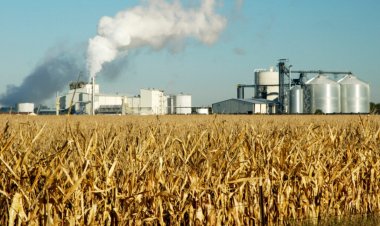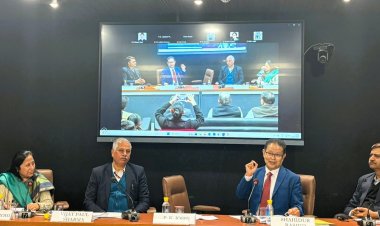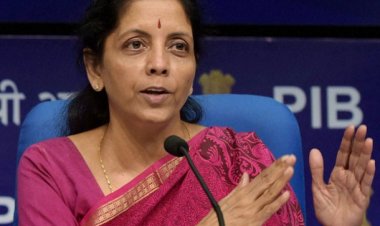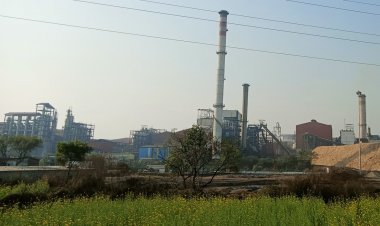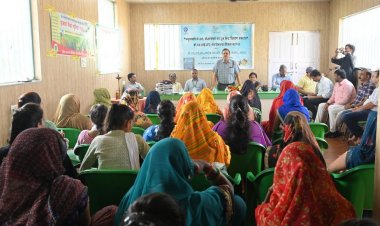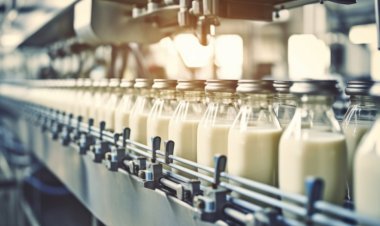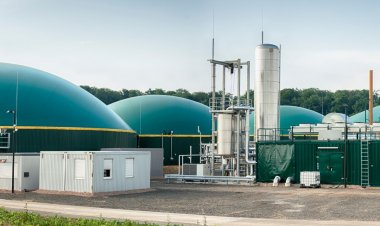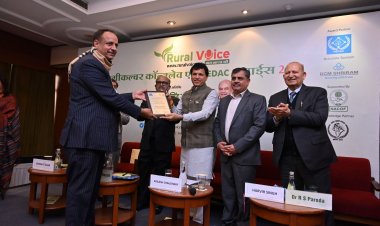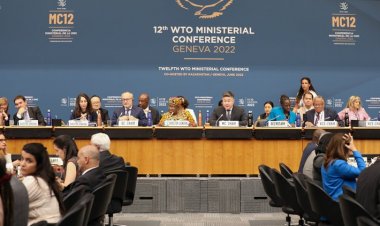The sugar industry disagrees with the definition of sugar producer and sugar in the 'Sugar Control Order 2024'
On August 24, the Ministry of Food released the draft Sugar Control Order, inviting stakeholders to submit their feedback by September 23. Concerns were voiced during a meeting on September 14 in Pune, where around 50 representatives from various sugar organizations, traders, and private mills gathered to discuss the proposed regulations. Sources suggest the industry plans to submit its recommendations to the government soon.
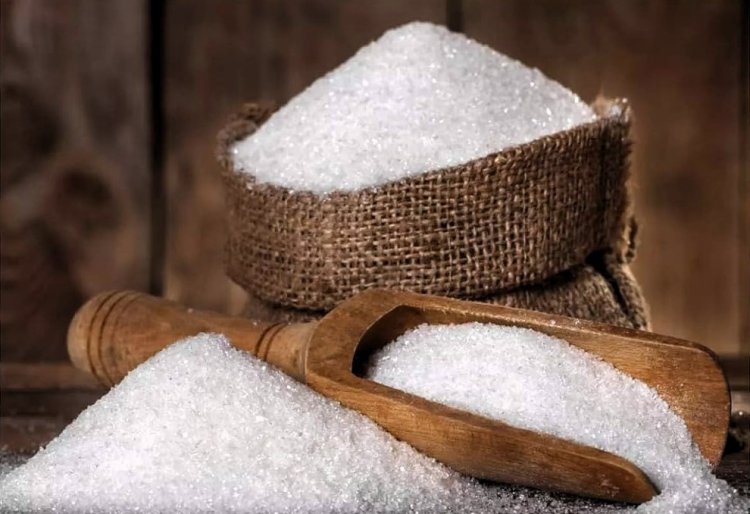
The central government’s draft Sugar (Control) Order 2024 has drawn significant criticism from the sugar industry, which argues that there was no need for a new order to replace the Sugar (Control) Order 1966 and the Sugar Price (Control) Order 2018. The industry did not request such changes, and several provisions in the draft are seen as potentially problematic. Industry leaders believe that several aspects, including the definition of sugar itself, need revision.
On August 24, the Ministry of Food released the draft Sugar Control Order, inviting stakeholders to submit their feedback by September 23. Concerns were voiced during a meeting on September 14 in Pune, where around 50 representatives from various sugar organizations, traders, and private mills gathered to discuss the proposed regulations. Sources suggest the industry plans to submit its recommendations to the government soon.
One of the main points of contention is the definition of sugar in the draft, which is based on standards set by the Bureau of Indian Standards (BIS). The sugar industry argues that there is already a definition provided by the Food Safety and Standards Authority of India (FSSAI), the statutory regulatory body, which they are bound to follow. Introducing a second definition, they claim, is unnecessary.
The industry also disputes the definition of a sugar producer in the draft order, which includes units that produce both sugar and its by-products. Sugar mills inherently produce by-products as part of the sugar-making process, so there is no need to separately identify by-products in defining a sugar producer, they argue.
Another contentious issue is the provision requiring sugar to be packaged in jute bags. Industry representatives find this provision redundant, noting that sugar production is already governed by the Jute Control Order. They see no justification for having two overlapping orders for the same product.
The draft order also covers sugar pricing. Currently, the government sets the Minimum Sale Price (MSP) for sugar under the Sugar Price Control Order 2018. The industry believes the order should limit itself to regulating the MSP, with no need for additional price controls. It is expected that the industry will soon submit its formal response on the draft Sugar Control Order 2024. How the government responds to these suggestions remains to be seen.
For the first time, the draft Sugar Control Order also includes the Khandsari industry. It proposes bringing Khandsari sugar, Bura, and sulfur-treated Khandsari, produced through the open pan method, under the definition of sugar. Khandsari units with a daily cane crushing capacity of 500 tons or more would be subject to the new regulations. This would give the government the authority to impose the same controls on Khandsari units as on sugar mills, including the regulation of storage, transport, sale, and pricing. Representatives from the Khandsari sector have expressed their opposition and plan to present their objections to the government.
In fact, the draft Sugar (Control) Order 2024 seeks to broaden the government’s regulatory control over the sugar industry. In addition to sugar, the order would apply to by-products like molasses, ethanol, and biogas, governing their production, sale, storage, packaging, and transport. These expanded regulations have raised concerns within the industry. The draft specifies that no producer or dealer can sell or deliver sugar or its by-products without written permission from the central government. Additionally, transportation of sugar and its by-products will require a permit.
A reversal from liberalization
After nearly three decades of promoting liberalisation, it appears the central government is shifting toward tighter control of the sugar industry. This move stands in contrast to the government’s stated goals of promoting self-employment and improving ease of doing business. The proposed Sugar (Control) Order 2024 could be seen as a contradictory step, potentially reversing the decade-long effort to deregulate the sugar industry, which began with the recommendations of the Rangarajan Committee.



 Join the RuralVoice whatsapp group
Join the RuralVoice whatsapp group

















